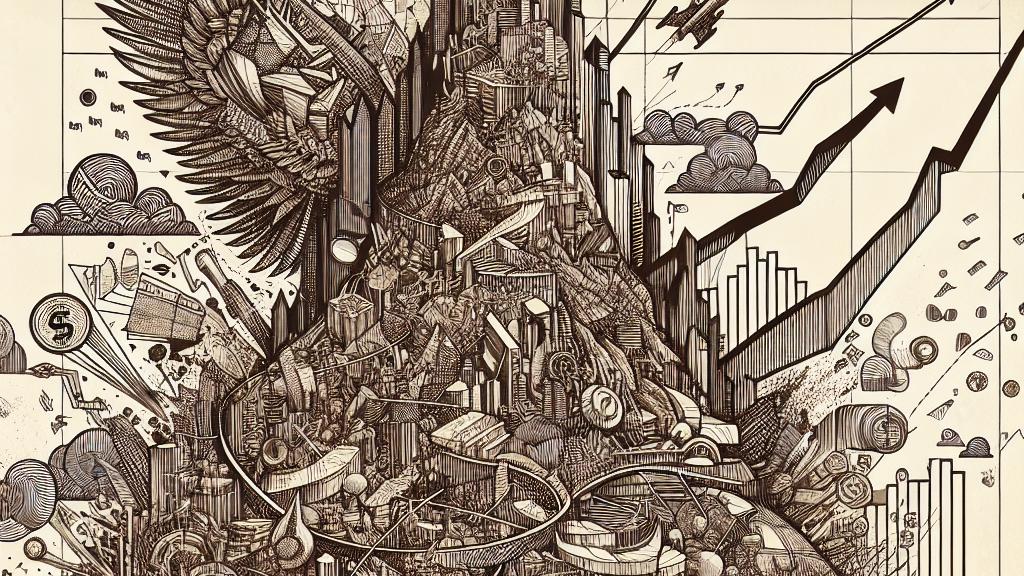Understanding the Political Challenges Facing France
Overview
- Macron's snap elections plunged France into a severe political crisis.
- The economic outlook for France in 2025 is grim, with looming uncertainties.
- The ascent of far-right parties poses a real threat to France's traditional governance.

The Fallout of Snap Elections
In a bold but ultimately contentious move, President Emmanuel Macron's decision to call for snap elections sent shockwaves through the political landscape of France, abruptly transforming the nation’s governance. Instead of establishing the much-desired stability, the elections instead produced a fractured National Assembly, with far-left and far-right factions reveling in their newfound influence. This unexpected result has led to the formation of a tenuous minority government that is now grappling with the monumental challenge of uniting disparate political forces to tackle urgent fiscal issues. With a daunting budget deficit projected to skyrocket to 6.1%, the stakes could not be higher, and the path forward appears increasingly fraught with obstacles.
Economic Challenges Ahead
The repercussions of this political turbulence extend directly into the economic fabric of the nation, creating an atmosphere thick with anxiety and uncertainty. Financial markets are on edge as they react to the instability in governance, with economic analysts predicting a challenging year ahead for France. Notably, the national debt is forecasted to soar to an alarming 112% of GDP, amplifying the need for immediate and effective fiscal management. New Prime Minister Francois Bayrou, who stepped into this turbulent role just last month, described the upcoming efforts as scaling a monumental ‘Himalaya’ of challenges. He underscores that cooperation among political factions is crucial; without unity and bipartisan efforts, hopes for economic resurgence will remain a distant dream, leaving the French economy in peril.
The Rise of Extremist Parties
As if the political landscape wasn’t already precarious, the dramatic rise of Marine Le Pen's far-right National Rally party adds yet another layer of complexity. Political experts opine that Macron’s hurried elections may have inadvertently paved the way for the far-right’s ascension, creating a formidable challenge for the country’s traditional political frameworks. Recent polling reveals that Le Pen's party is capturing an increasing majority, which could lead them to dominate the next elections—a scenario that could radically shift the balance of power in France. The potential for a National Rally victory doesn't just threaten domestic stability; it could also have significant implications for France’s international relationships. As this volatile situation continues to unfold, the urgency for cohesive governance and a united political front becomes more pressing than ever.

Loading...